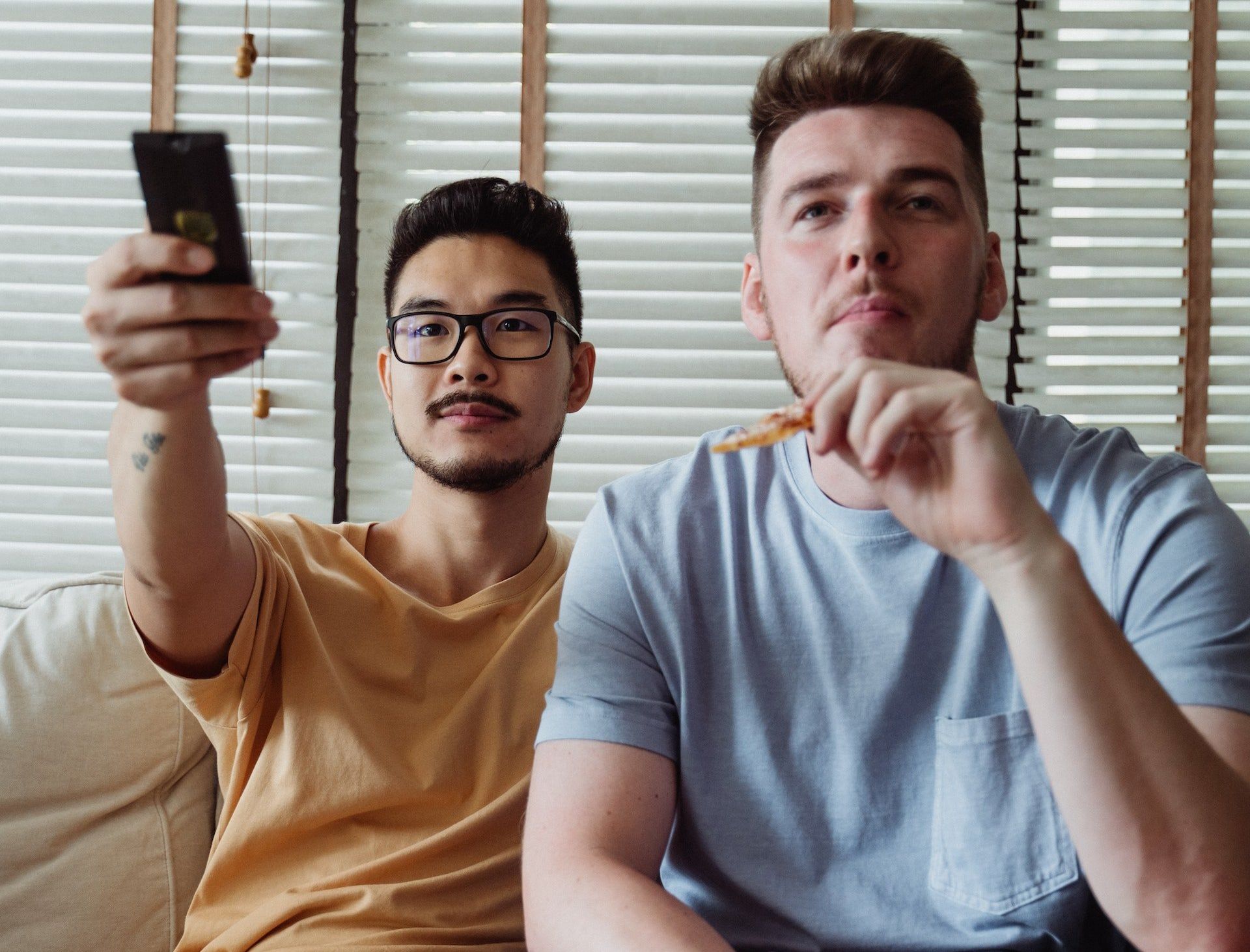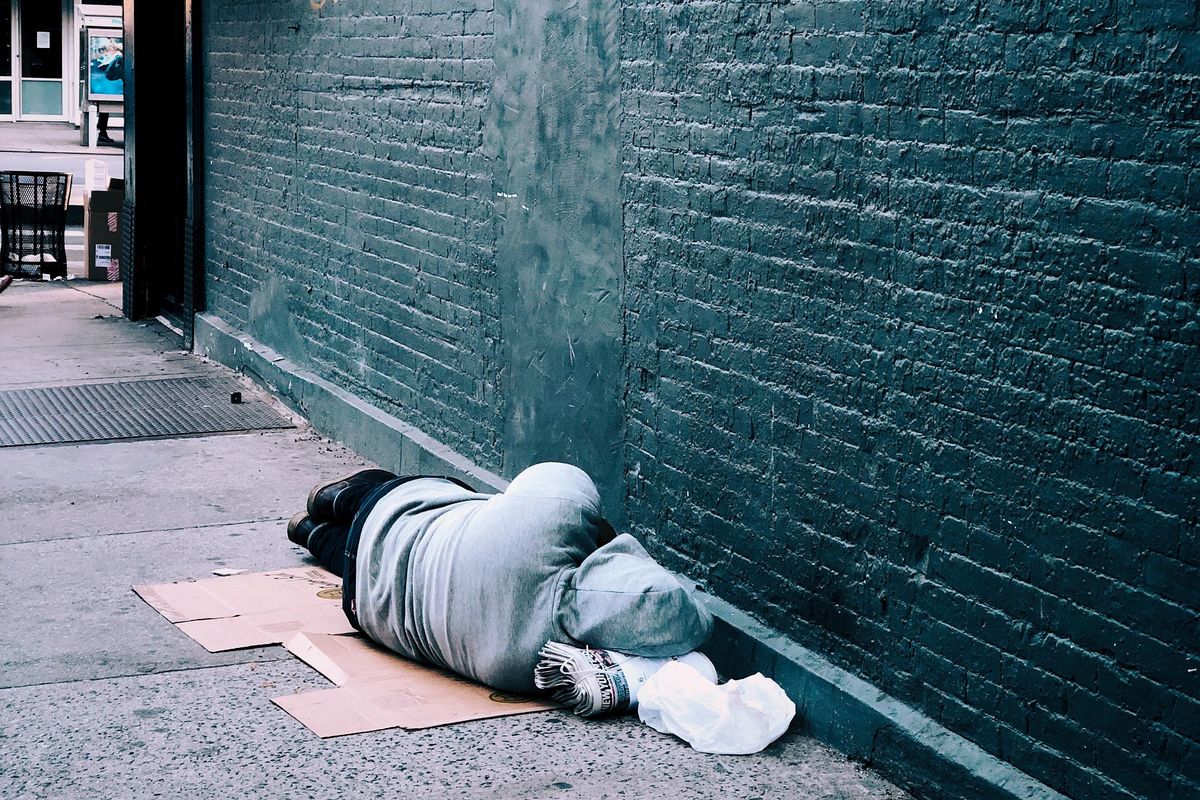BMW is taking heat from both liberals and conservatives over alleged Pride Month hypocrisy
Remember, @BMW is proud member of Pride movement. pic.twitter.com/LoinB8wL53 — Joni Helminen (@helminen_j85339) June 3, 2024
How come you don't proudly display your logos pride colors on your middle east posts ??? — deziner (@deziner1323605) June 1, 2024
This is an established practice at the BMW Group, which also takes into consideration market-specific legal regulations and country-specific cultural aspects (4/4) — BMW (@BMW) June 1, 2024
So we can take from this that if market conditions made the oppression of gays profitable that little rainbow of yours would disappear pretty quickly here yeah? — Dennis Noel Kavanagh (@Jebadoo2) June 2, 2024
As a lesbian, I would prefer you don’t pretend to take a moral stance on my human rights that is dependent on market conditions. Just drop the flag and go sell some cars. — Ani O'Brien (@aniobrien) June 2, 2024
Then remove it from your western markets, as clearly you don’t believe in gay rights if you’re not prepared to display it globally. — Sense Certain (@SenseCertain) June 2, 2024
The only place to have your rainbow logo is on the Middle East where they are not tolerant. Everywhere else it is unnecessary. Stop. — Kathryn (@kbean511) June 2, 2024
This is called 'fair-weather allyship' and it's actually pretty gross, which is why you catch so much flack for it. The places you're avoiding allyship, are the places that need it the most. Terrible job at understanding the situation outside of dollar signs. — Charlie's Peefeet (@charliespeefeet) June 3, 2024
BMW is proud to support lgbt rights in places where they already exist. — River Parrish (@RiverParrish1) June 2, 2024
So…you missed the entire point of Pride? At least you are honest about it 🤷 ♂️ — Andy Stevens 🇺🇸 (@mrandystevens) June 3, 2024





